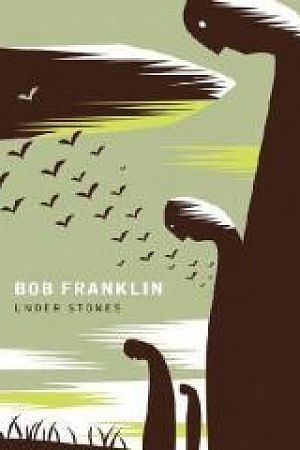The Bookbinder of Jericho
Affirm Press, $32.99 pb, 438 pp
Peggy the obscure
First, a confession. I am one of a tiny minority of readers who were underwhelmed by Pip Williams’s first novel, The Dictionary of Lost Words (2020). I thought it a splendid idea, one undermined by facile messages about how women’s words were ignored by the men who recorded our language and its meanings. Clearly, I was in a minority: Dictionary became an international bestseller, one of the most successful Australian novels ever published. Friends raved about it. I wondered what I wasn’t getting.
Fortunately, I’m getting much more from Williams the second time round, where the feminist message is more subtle. Here is another historical novel about women working in a man’s world of books and learning. As it happens, the novel also had an unexpected and sobering personal message for me.
I am proud to be an Oxford graduate, from a time when it was hard for women to get into the university: there were far more colleges and places for men. But my difficulties were as nothing compared to those facing Peggy, the young woman who narrates Williams’s story. I had many privileges: a good education, supportive parents, a comfortable assumption that I was entitled to take my place in academia. Peggy lives in the early twentieth century, a time when education for women and girls was far from assumed. Moreover, she is on the wrong side of the class divide. There are doors she sees every day that she literally cannot enter.
Continue reading for only $10 per month. Subscribe and gain full access to Australian Book Review. Already a subscriber? Sign in. If you need assistance, feel free to contact us.
















Comments (3)
Leave a comment
If you are an ABR subscriber, you will need to sign in to post a comment.
If you have forgotten your sign in details, or if you receive an error message when trying to submit your comment, please email your comment (and the name of the article to which it relates) to ABR Comments. We will review your comment and, subject to approval, we will post it under your name.
Please note that all comments must be approved by ABR and comply with our Terms & Conditions.